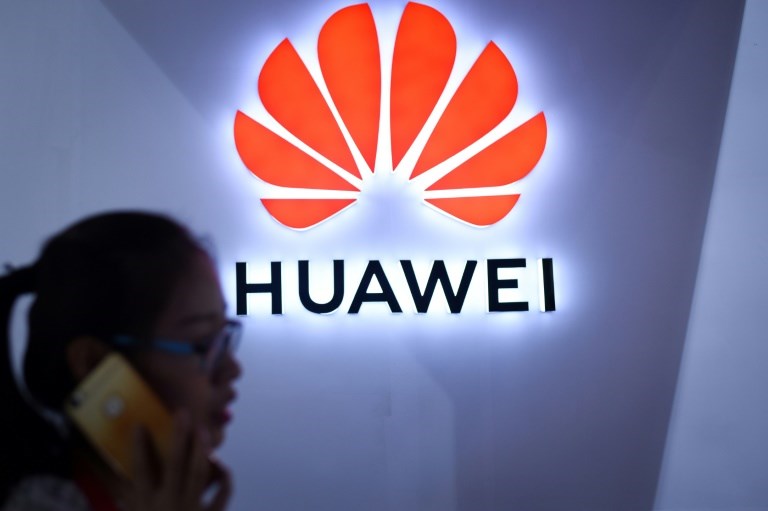It’s not often a Richmond story rocks the world, but such was the case with the arrest of Wanzhou Meng, chief financial officer of the Chinese telecom giant Huawei.
Okay, it’s not exactly a Richmond story, but Meng was arrested at YVR and we broke the story at the same time as the Globe and Mail in Ottawa. We were actually on it a couple of days earlier but were having trouble getting confirmation from the federal government. I’m sure they were well aware of the impact the news would have; sure enough, the day after her arrest, the stock market tumbled and an international war of words was launched.
So what makes Meng so special? I can’t say I’d ever heard of her before, however I was vaguely aware of Huawei, the company she works for and her father founded.
According to the U.S., she violated trade sanctions by dealing with Iran and then lying about it to American financial institutions. For that, they want Canada, where she touched down between flights from China to Mexico, to extradite her to the U.S. to stand trial there.
Back in Richmond, people are weighing in with their thoughts. Many are basically chanting the old “lock her up,” while a small group, which includes laywer and mayoral candidate Hong Guo, are demanding her release.
Canada can’t simply release her if it wants to have an extradition treaty with the U.S., however her defenders also have a point in that this whole issue is much bigger than Meng. In fact, it’s really about 5G.
Now, I’m no techie, but I do know 5G (Fifth Generation) is literally the wave of the future. It’s a wireless network that will operate at a speed up to a thousand times faster than what we have now — and has a bandwidth to match. It’s the thread that will connect an estimated 20 billion devices and make possible a futuristic world that will include self-driving cars and refrigerators that tell you when your lettuce is wilting.
What’s more, it’s imminent. By 2020, it’s expected this brave new network will be here, so the race is on and Huawei is in the running. So, was the arrest of Meng and the U.S.’s ban on Huawei technologies really just about protectionism? Probably in part, but there’s also good reason for concern.
This massive, rapid-fire data sharing will give the holder of the network incredible, like really incredible, power — political as well as economic. Huawei’s close ties with the Chinese government is decidedly unnerving. While no country has a clean slate, China’s human rights abuses are legendary. And the fact WeChat, the Chinese government-controlled version of Facebook, has shut down sites that have posted stories about Meng’s arrest doesn’t bode well. Granted, we have our own data management problems. Think Facebook and Cambridge Analytics. But that should only make us more vigilant when it comes to privacy and cyber security. The question is, who do you trust? As someone on Facebook said, it’s not just China who wants your personal information.
Point being, we need public, democratic systems that can put a check on governments and corporations around the world because, as always, the issue is not the technology, but its governance that will determine whose interests it serves.



